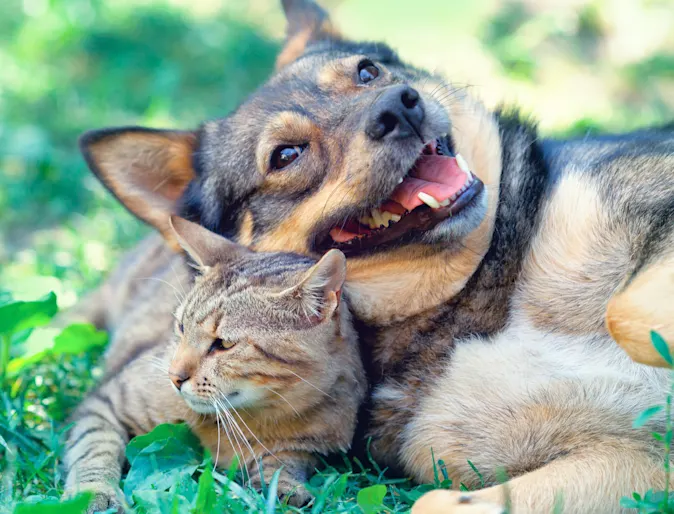North Mecklenburg Animal Hospital


Meet Our Staff
We have a wealth of experience to draw from and are committed to staying on the cutting edge of our profession by continually investing in education and the most advanced medical and surgical equipment available.

Home Delivery - Food & Supplements
It's now easier than ever before for you to have food delivered straight to your door while still supporting us here locally.

Home Delivery - Preventatives
It's now easier than ever before for you to have monthly preventatives delivered straight to your door while still supporting us here locally.

Lake Norman's Premier Animal Hospital
Our mission is to provide comprehensive, high-quality veterinary care with an emphasis on exceptional client service and patient care, while providing employees with desirable, fulfilling and rewarding careers.
Client Testimonials & Reviews
We at North Mecklenburg Animal Hospital have been dedicated to providing our care to the Lake Norman area for over 38 years, and we strive to treat your pets with the same care and compassion as if they were our own.
